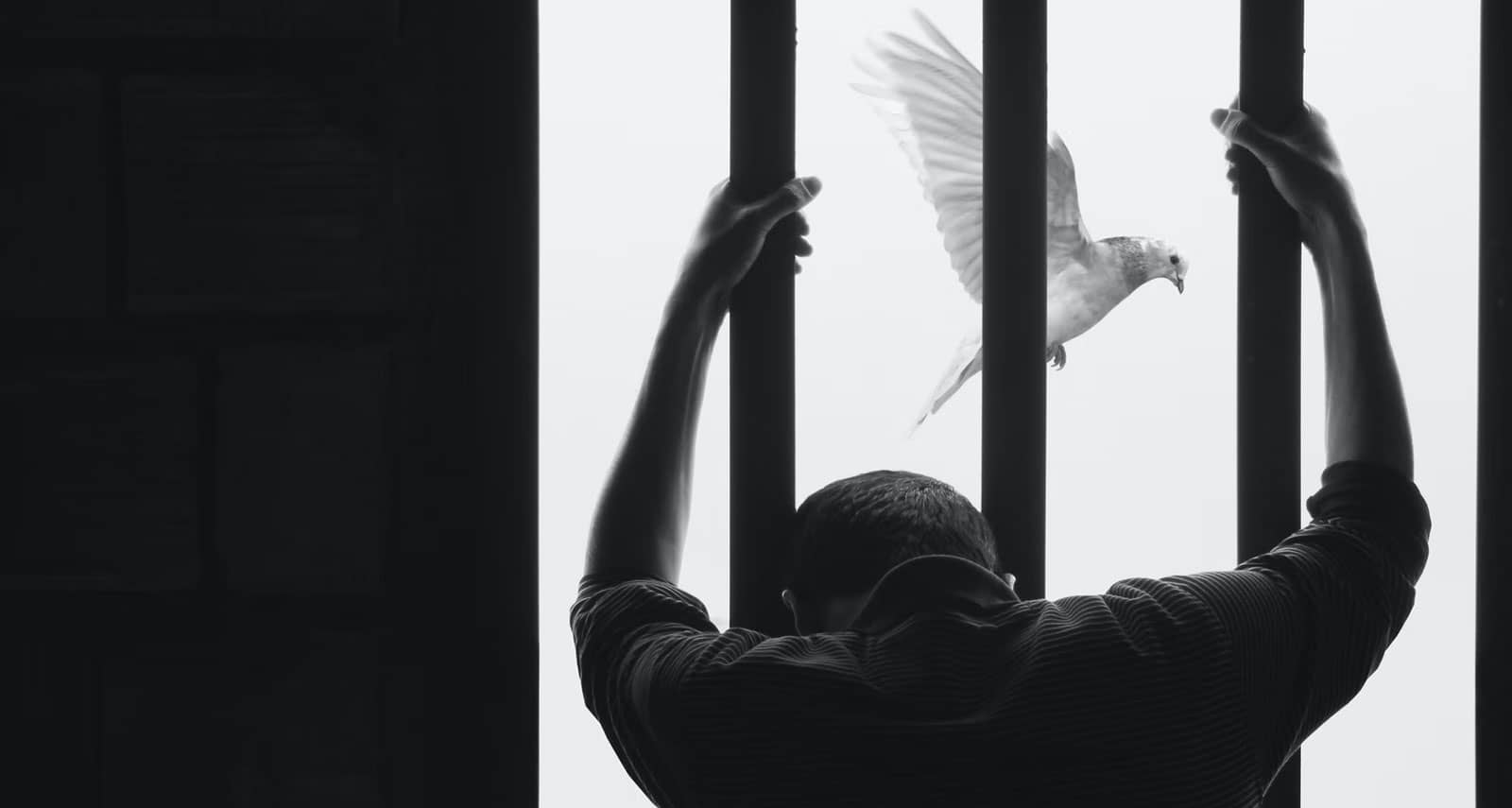
- Roy Chisholm
- January 1, 2021
Facebook
Twitter
WhatsApp
Telegram
Email
Building Communities Through Prisons Ministries
The church has a role to play as it contemplates the level of degradation that exists in Her Majesty's prisons. When a person is imprisoned, their family is also serving a sentence outside – the sentence of shame, isolation, deprivation, loneliness, ostracization, family breakdown.

“The Spirit of the Lord is upon me, because He has anointed me to preach the good news to the poor. He has sent me to proclaim release to the captives and the recovering of sight to the blind, and to set at liberty those who are oppressed, and to proclaim the acceptable year of the Lord” (Luke 4:18-19, NASB).
The Master’s natural affinity to the incarcerated can be heard in his compassionate pleas for the downtrodden, the spiritually destitute and the socially ostracized. This burden was on his heart when he gave the Great Commission expressed in Matthew 28. He demonstrated it on the cross in his act of pardon offered to one of the malefactors. In this act, he was setting “at liberty” an inmate who was bruised not only by sin, but by the sheer brutality of Roman justice.
The church has a role to play as it contemplates the level of degradation that exists in Her Majesty’s prisons. When a person is imprisoned, their family is also serving a sentence outside – the sentence of shame, isolation, deprivation, loneliness, ostracization, family breakdown. The family’s world falls apart. Is there a role for the church in such a chronic situation? Prisons are a part of society. Prisoners are people whom Jesus loves and wants saved. Visualize men and women who have succumbed to the lowest levels of human existence, caged up like animals, two or three in a cell.
Why is Prison Ministry important?
Let Baroness Patricia Scotland, former Minister for Criminal Justice, answer the question:
‘At the heart of the Christian gospel are the words, “I was in prison and you visited me” (Matthew 25:36). Faith communities have a vital role to play in the care and resettlement of offenders. People of faith have the motivation to care for all — for people of no faith and people of some faith — whatever has happened, whatever they have done, and wherever they may have been… There is a certain ability in the heart of people of faith that enables us to recognise the dignity of every human being. Although at times it is difficult to recognise that, we believe that a person is more than what he or she does or does not do. And I think we have a hope that can sustain us and enable us to continue to care, even when it is difficult to imagine positive change taking place.
Prison volunteers are a real sign of hope. I think that they are also a sign of love, because they walk with people when there is no one else to walk with them. Many of those in our prisons have not been touched by the loving care of another human being for many years; and that is a terrible thing for many of us to contemplate: to have lived a life that is not touched by the love of other people and not touched by the love of God.’
There is a blessing awaiting those who care for people for whom it is not fashionable to care; who are uncomfortable to care for; who are challenging to care for; on whose behalf they are prepared to speak.”
Reconciliation
One inmate, who had been rejected by his family because of his incarceration, asked our prison visitor to visit his wife. Informed of the wife’s hostility and that, so far, she has rejected all communications with him, the worker prayed earnestly that the Lord would open a way to this lady’s heart. So, with continuous prayer and tactfulness characterizing her every act, she visited the home. The door was unlocked and left on the chain to prevent any intruders. The prison worker introduced herself, informing the lady where she was from, while depending on the Spirit to open the lady’s heart. Immediately she was ready to slam the door in the worker’s face. But our sister reached out her hand and asked: ‘Will you please give me a chance to explain before you close the door? Or, if you prefer, let me pray for you right here, because your husband told me about the grief that he has caused you, and he would like you to know how sorry he is.’ Our sister’s depth of concern, spoken in love and tenderness, penetrated the wife’s heart. The door was opened, and a wonderful miracle began. From then, our sister was able to relay back to her incarcerated husband the news of the birth of a baby boy, with pictures of mother and baby accompanying the report. His wife was eventually taken to visit him. A Christ-like approach to prison ministry is reconciliation of the highest order. Words cannot express the gratitude the family holds for the work of the church. It is another example that prison ministry reaches out far beyond prison walls.

How Should Christians be Different?
September 6, 2023

The Pastoral Caregiver – Bearer of Stories
September 6, 2023

What Takes to be Different?
September 6, 2023

The Beauty of Diversity Within the Body of Christ
September 6, 2023

The Butterfly, an Object Lesson of Transformation
September 6, 2023

Mitigating the Risks of Cultural Compromises
September 6, 2023

Embracing Christ-Centered Counterculture
September 6, 2023








